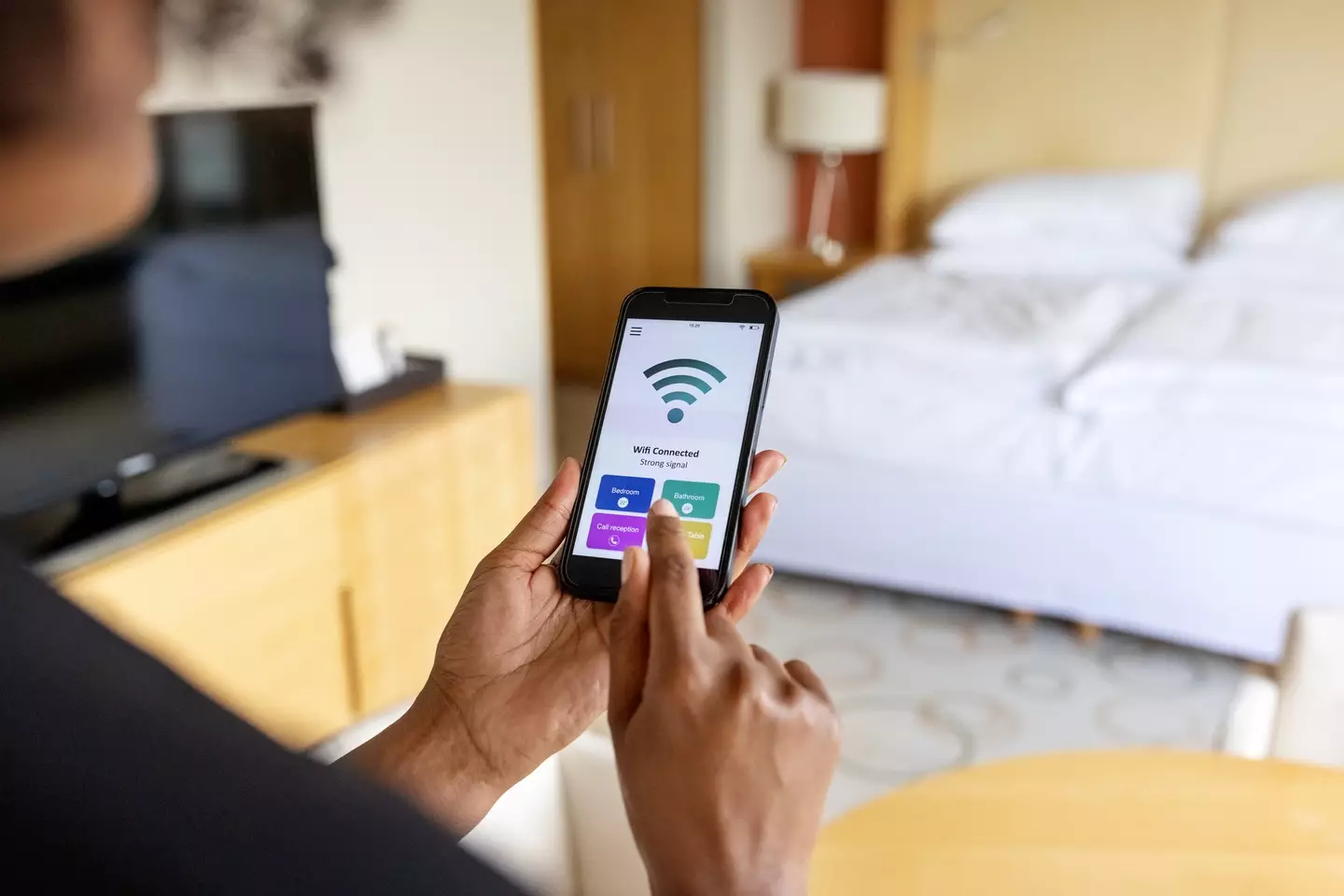


It's not just Elon Musk who's destined to be vexed by President Donald Trump's One Big Beautiful Bill Act, and while the POTUS promises the bill will make America 'great' again, he's faced plenty of backlash and is accused of costing the USA millions of jobs.
While Donald Trump has long-championed the bill, there have been vocal critics from both in and outside of the White House.
Perhaps the most vocal is former BFF Elon Musk, who slammed the bill as "utterly insane and dangerous."
Still, with the One Big Beautiful Bill being signed into law as a July 4 celebration from President Trump, we're now stuck with it.
Advert

Despite criticisms and opinion polls suggesting the general public is largely against the OBBA, Trump maintains it's the "single most popular bill ever signed." The whitehouse.gov site claims that over 200 organizations are in support of it, including the likes of American Airlines, Comcast, and AT&T.
We can see why Comcast might be in support of the OBBA because it could soon be about to massively profit from our Wi-Fi. As part of the bill, a section drafted by Senator Ted Cruz threatens to kill the growth of private networking.
Spectrum auctions allow the US government to earn revenue without having to raise taxes, meaning they often show up in budget bills. Congress continues to authorize spectrum auctions every decade instead of making the Federal Communications Commission’s spectrum auction authority a permanent fixture.
Cruz called for at least 800 MHz to be auctioned off, taking it from the 6 GHz band that’s boosting the next generation of Wi-Fi networks. Although the House previously vowed to exclude the 6 GHz band from spectrum auctions, the final budget bill has opened the floodgates to it.
Effectively, the OBBA takes part of the crucial 6 GHz spectrum away from our Wi-Fi networks and licenses it to mobile carriers like AT&T, T-Mobile, and Verizon.
If that wasn't enough, the bill allows some spectrum to be taken from the Citizens Broadband Radio Service (3.55 to 3.7 GHz), with other spectrum bands also being targeted. It would apparently be hard for the FCC to hit the congressional mandate without auctioning spectrum from Wi-Fi, the CBRS, or potentially even both.
Up to half of the spectrum in the 6 GHz band could be up for grabs, which would undoubtedly lead to slower Wi-Fi speeds.
This is a concern shared by the Wireless Internet Service Providers Association (WISPA), saying: "The vast majority of WISPA members employ CBRS and/or 6 GHz services to deliver broadband to their rural and under-resourced communities."
Even though WISPA is grateful for the law's tax breaks, it maintains that the benefits are likely to "offset by the package's stance on spectrum. More specifically, in its quest to generate revenues to pay for the legislation, it potentially puts CBRS and 6 GHz spectrum on the auction block at the FCC."
In 2020, the Ajit Pai-led FCC rejected the idea of allowing mobile carriers to access the 6 GHz band, but now that he leads the Cellular Telecommunications and Internet Association (CTIA) lobby group that wants mobile carriers to access the band, it marks a major U-turn.
Speaking to Ars Technica, a CTIA spokesperson reiterated that many countries are "using or planning to use at least the upper part of the band (6.425–7.125 GHz) for licensed commercial use."